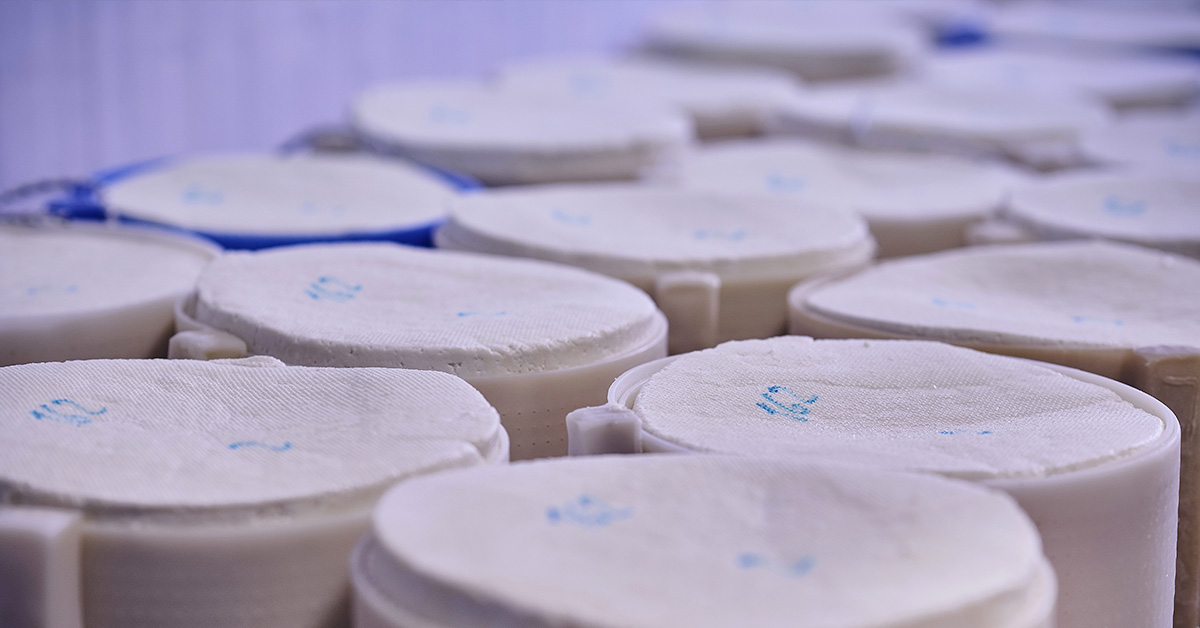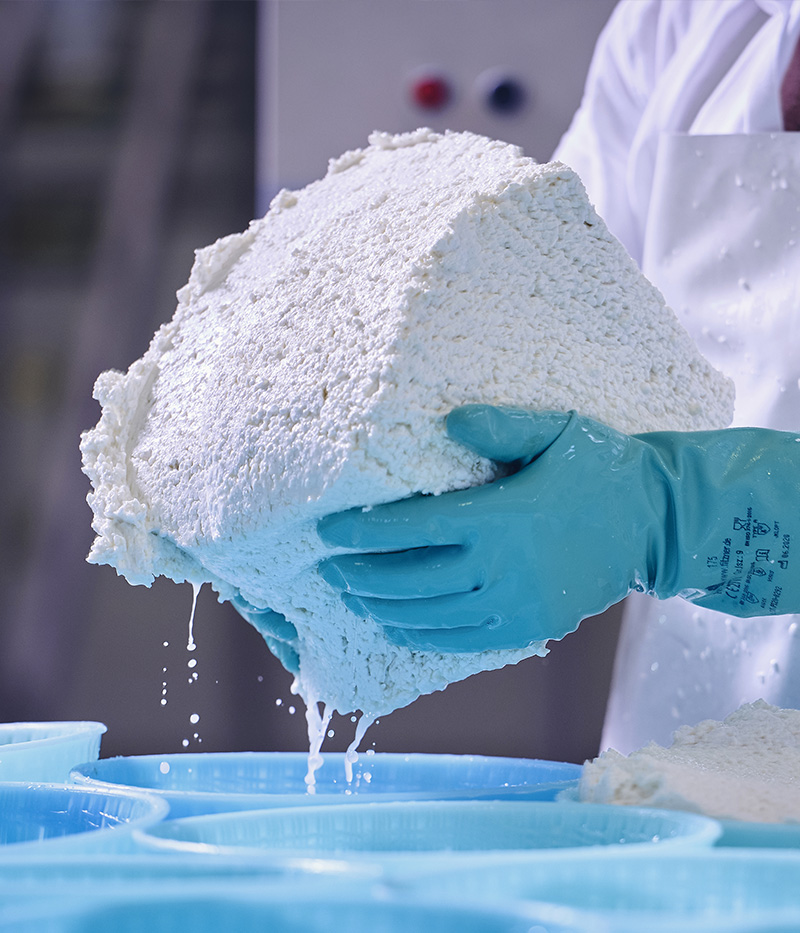
Cheese is one of the oldest foods created by man. Part of numerous cultures in and around the Mediterranean and Middle East, it has a high concentration of nutritional substances, both fresh and aged. The latter is actually produced with a notable quantity of milk and thus it holds more nutritional substances that are essential for the human body.
Any type of cheese has a high nutritional value, as it contains all of the properties of milk, with the exception of lactose, which is reduced, and of some proteins.
The nutritional substances present in cheese are varied: there are proteins, minerals, vitamins, and even some fats.
In contrast to milk, cheese has a decidedly higher quantity of proteins: if a glass of skim milk that weighs 125 g contains 3.15% of proteins, a mere 100 g of cheese contains 10 times more protein.
Moreover cheese is particularly rich with minerals, an important nutritional substance. It’s both healthy and ideal to regularly eat a moderate quantity of cheese to fuel the body with the right dose of calcium, phosphorus, and sodium. Calcium is essentially for the body, as it helps keep bones and teeth healthy, along with regulating the clotting of blood. The presence of phosphorus is also great because with calcium it can regulate metabolism. .
The vitamins present in cheese are vitamins A, B2, and B12, that make up 30% of the daily nutritional requirements for an adult. Fats also have an important job, as they give energy to the body, along with proteins, when it’s most needed (for example, during physical exercise). To get positive effects for metabolism and to take advantage of all of its positive aspects, an average of 70-100 g of cheese daily is recommended.
Sheep’s and goat’s milk have a lower level of lactose in respect to cow’s milk. This means that they are easier to digest. Additionally, the longer the aging of the cheese, the easier it will be to digest.
If you have problems with digesting (not a true lactose intolerance) don’t give up on eating cheese, as cheese made from sheep’s or goat’s milk – that has been aged for 18 months or more – will reintroduce you to the joy of eating cheese without unwanted consequences.
Often the consumption of cheese is associated with weight gain and an increase in cholesterol levels, and it is recommended to limit the consumption of cheese. However, this is just a myth, and it is now generally accepted that the impact of eating a moderate amount of milk products is absolutely healthy! The results of many analyses and nutritional studies show that habitual consumers of cheese have a lower index of body fat, lower levels of cholesterol, and lower pressure compared to those who don’t eat as much cheese.




